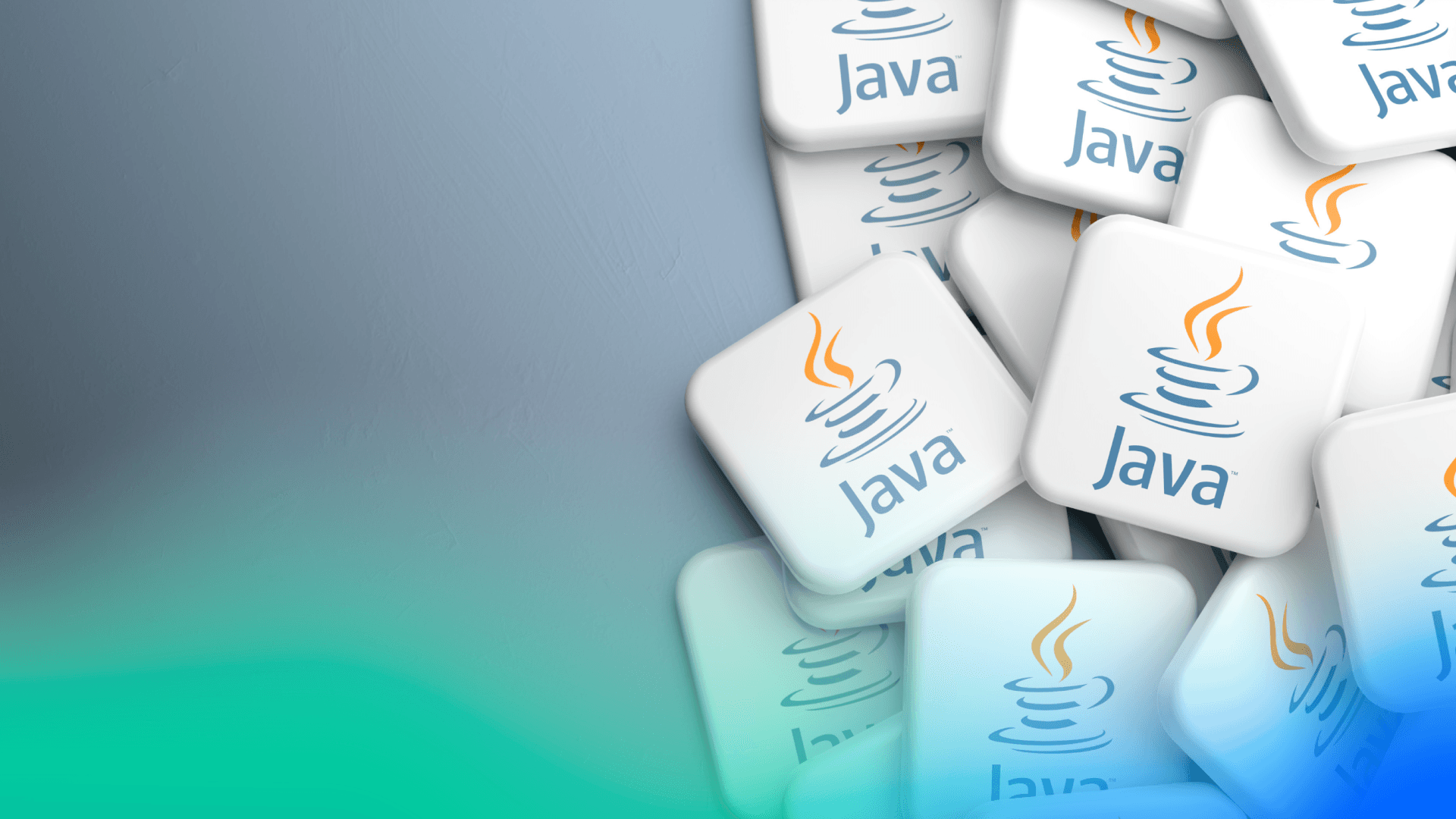The Java ecosystem continues to evolve, and as we approach the end of 2024, certain libraries have emerged as indispensable tools for developers, whereas others have waned in their popularity. Let’s explore the most popular Java libraries that have shaped the development landscape in 2024 and are the most useful and used at the start of 2025.
1. Apache Commons
Apache Commons maintains its status as a crucial general-purpose library. It offers a wide range of reusable Java components, including modules for I/O operations, text manipulation, and mathematical functions. The library’s versatility and reliability make it a staple in Java development across various industries.
Particularly when working with Files, there are a number of features in Commons IO that make your life as a developer much easier.
2. Google Guava
Known for its advanced features, Guava provides utilities for collections, caching, and string manipulation.
Guava, like Apache’s Commons, is a set of utilities for making your life as a developer easier. Guava continues to be a favorite among developers for its advanced features that extend beyond the standard Java libraries. Guava covers all the tools that Google’s Java developers rely on in a single library. It provides utilities for collections, caching, string manipulation, and more. Guava’s well-designed API and performance optimizations contribute to its widespread adoption.
3. Jackson
A high-performance JSON parsing library that facilitates serialization and mapping of Java objects to JSON.
Jackson remains a top choice for JSON parsing and object mapping in Java applications. Its high performance, lightweight structure, and accuracy have solidified its position as the “best JSON parser for Java”. Jackson’s versatility in handling various data formats beyond JSON adds to its appeal.
4. JUnit
An essential unit testing framework that helps developers create and execute tests efficiently.
Arguably, JUnit remains the cornerstone of unit testing in Java. Its popularity stems from its simplicity and powerful features that enable developers to create and execute unit tests efficiently. JUnit’s ability to integrate with build tools and CI/CD pipelines makes it an essential part of modern Java development practices.
5. Log4j 2
A widely adopted logging library that offers improved performance and advanced filtering capabilities.
Logging is crucial for application monitoring and debugging, and Log4j 2 continues to lead in this domain. As an upgrade to the original Log4j, it offers improved performance, advanced filtering capabilities, and support for various output formats. Its robustness and flexibility make it the preferred logging solution for many Java developers.
6. Mockito
A popular mocking framework used in unit testing to create test double objects.
Mockito continues to be the go-to mocking framework for Java developers. Its clean and simple API allows for the creation of test double objects, making it invaluable for behavior-driven and test-driven development. Mockito’s popularity is further cemented by its recognition as the best mocking framework on StackOverflow.
7. HTTP Libraries
With the increasing importance of web services and APIs, HttpClient has become an essential tool for Java developers. It supports both HTTP/1.1 and HTTP/2 protocols and provides a flexible API for making HTTP requests. Its integration with the Java standard library since Java 11 has further increased its adoption.
Gson: Similar to Jackson, Gson is used for converting Java objects to JSON and vice versa, known for its straightforward JSON data handling. A significant difference between the two is that Gson operates at document level, whereas Jackson is excellent when used for streaming (de)serialization.
8. Lombok
A library that reduces boilerplate code by generating common code patterns using annotations.
Lombok has gained significant traction for its ability to reduce boilerplate code. By using annotations, it automatically generates common code patterns, improving readability and reducing development time5. Its seamless integration with IDEs and build tools has made it a favorite among developers looking to streamline their coding process.
9. Spring Framework
Though probably not a library in the traditional sense, Spring is widely used for building enterprise applications due to its comprehensive infrastructure support.
These libraries are favored by developers due to their ability to enhance productivity, simplify complex tasks, and maintain high-quality code standards. The popularity of these libraries in 2024 is driven by their ability to solve common development challenges, improve productivity, and maintain high code quality. As Java continues to evolve, these libraries adapt and expand, offering developers powerful tools to create robust, efficient, and maintainable applications.
The information about these libraries is sourced from a range of sources across the internet to include Finite State, PW Skills, WeAreDevelopers, Entri Blog, and TatvaSoft Blog.







